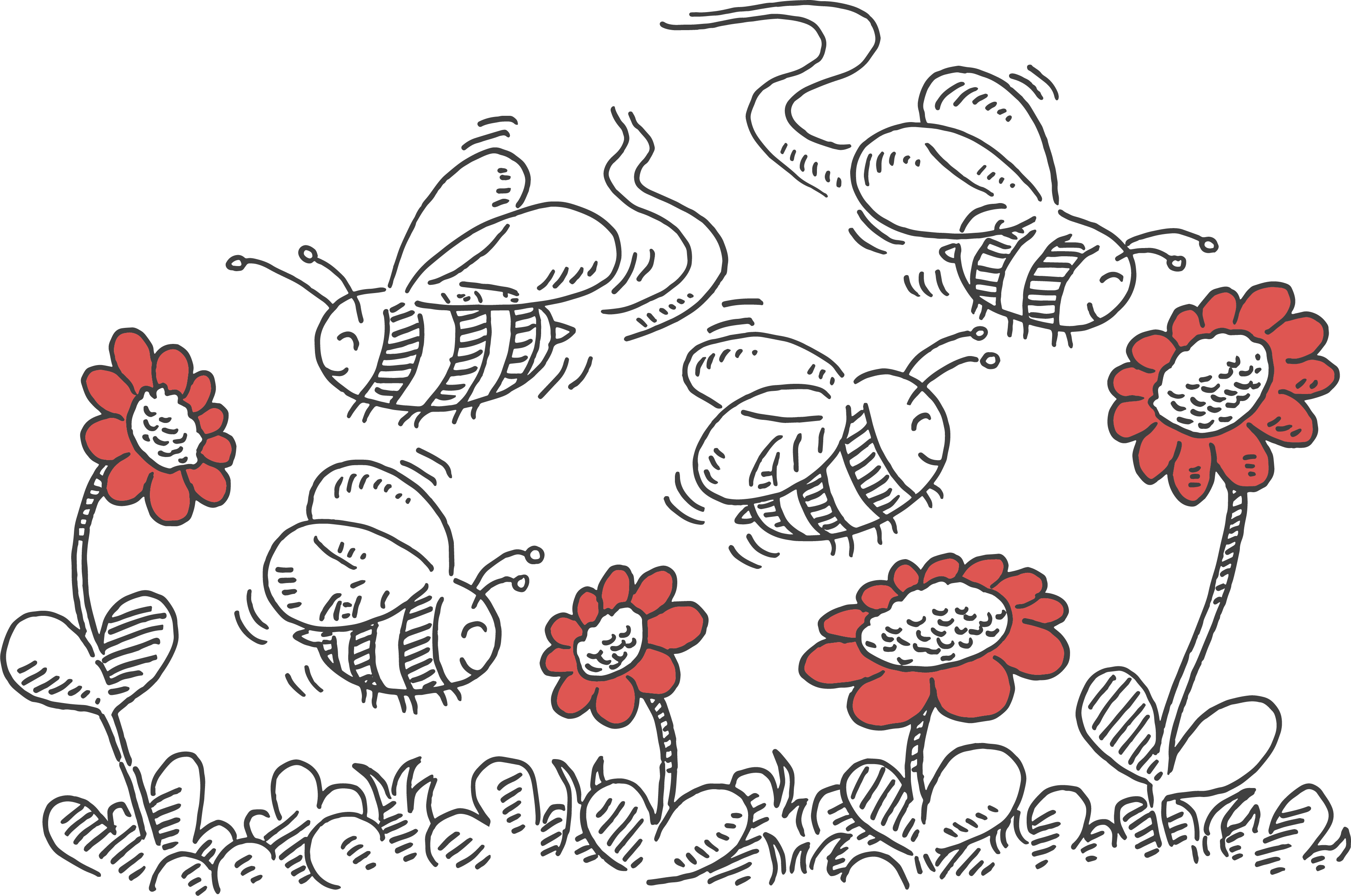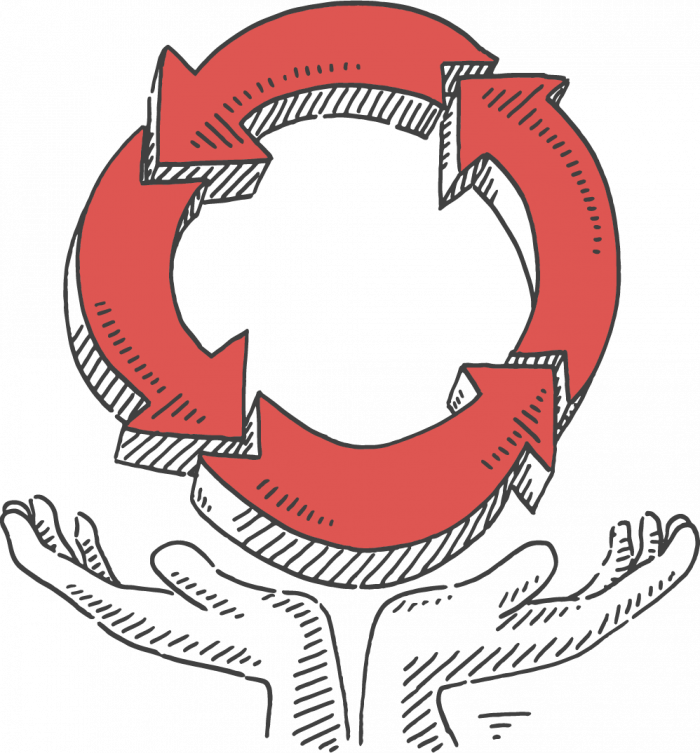Our ‘rubbish’ answer to waste management

The theory of marginal gains championed by Sir Dave Brailsford (Team GB cycling coach) has long been revered at mark-making*. Marginal gains is about making tiny improvements, which then accumulate to make much bigger improvements. So, putting the bigger picture aside, what could we do in smaller practical terms to lessen our impact on the environment? Our answer was rubbish. Literally.
With our aim to get as close to ‘zero waste to landfill’ as possible, we undertook a waste audit to see what we could do better. Whilst we’ve always been mindful of recycling, we realised that there was a lot more that could be done.
Previously, every mark-maker had a small bin under their desk complete with a plastic bin liner which our lovely cleaners emptied twice a week. That’s a lot of unnecessary plastic. So they (the bins, not the cleaners) have been replaced with four ‘energy from waste’ bins and two dry recycling bins dotted around the studio. As well as being more environmentally friendly it also means that we have to move around the office to throw our crisp packets (I mean healthy nutritious snacks) in the bin – a great way to get the step count up.
You may be wondering why our ‘general waste’ bins are called ‘energy from waste’ bins. Well, that’s another change we’ve made. We researched what happened to our general waste once it had left us and have subsequently changed our contractors to a company who, as well as being more local to us (giving us bonus points for reducing our scope 2 and 3 carbon emissions) also convert general waste into energy and don’t send it to landfill. This means that we can now officially say that we are a zero waste to landfill company – definitely, a goodmark* made.
It’s a well-known fact that a good old cup of tea gets creative juices flowing. And so, as you might imagine, we consume a fair amount of it to help create our award-winning work. However, what we weren’t doing was putting those little bags of magic to any further use. Taking inspiration from our friends at Seacourt, the highest-scoring B Corp printing company in the world, we wanted to have a composter at the office for all of our food waste, so that none of it ended up in landfill.
Following some online research, we decided on a hot composter (not a hot tub which was suggested). We now collect all food waste which is now used to feed Horace, our hot composter. The hot composter needs four key ingredients; food waste, oxygen, water and warmth. Through its clever design, the composter retains the natural heat created by the bacteria and runs at temperatures of around 40 to 60˚C. At these temperatures, Horace can compost food 32x faster than a cold compost bin and he can even get through cooked meats and bones. The resulting compost and liquid fertiliser will be used to feed the veg and herbs that we will grow in our raised beds – a project planned for when the nicer weather arrives.
Collectively these tiny margins of improvement to the way we operate at Team mark-making* are making a significant difference. And not just to us, but most importantly to Team Earth.

About markmaking*
markmaking*
mark-making* is an award-winning creative agency specialising in branding, campaigns and communications